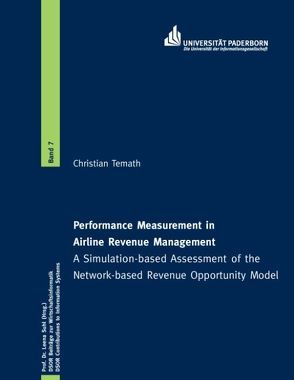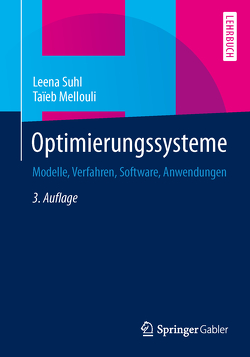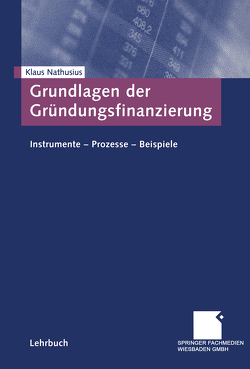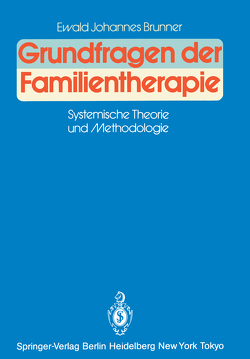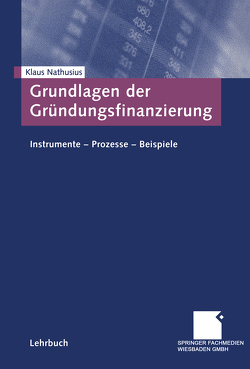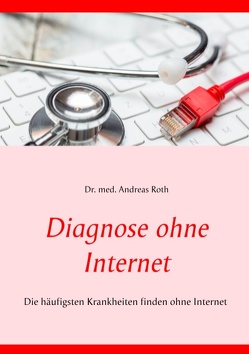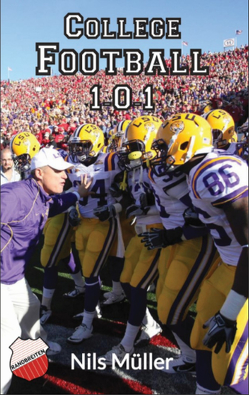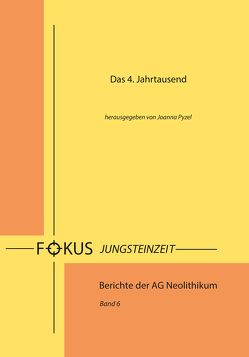Performance Measurement in Airline Revenue Managment
A Simulation-based Assement of Network-based Revenue Opportunity Model
Leena Suhl, Christian Temath
Techniques for performance measurement are an integral part of a revenue management (RM) system. The Revenue Opportunity Model (ROM) is a widely known method to measure revenue management performance. While adapting the ROM to recent developments of revenue management science – i.e. the advancement from leg-based to network-based RM controls and the recent transition from independent to dependent demand structures – the question of applicability and in particular the validity of the ROM has become increasingly important. In this thesis both independent and dependent demand structures in a network-based ROM are modeled and its main properties are investigated. Furthermore, different aspects of airline RM are considered to make the application of the ROM possible in practice. Not only does this thesis cover a disaggregation of the aggregated network ROM measures to single legs, but also to single RM components. A novel simulation-based approach to investigate the ROM properties is introduced particularly to measure its robustness against errors in the estimated unconstrained demand. The RM system used in the simulation environment reflects all main components and RM methods in use by a large network airline, particularly regarding state-of-the-art demand modeling and optimization models.
